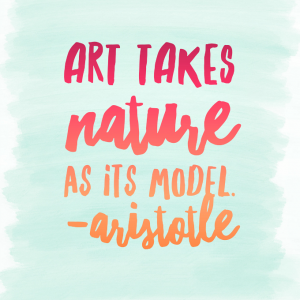Generally, language is considered an art in the academic subject. Language is used for different purposes when talking to different people. You can draw and inspire emotions and thus can be imaginative with the use of it. While many individuals take that extra step to learn the English Language such as the Bakirkoy English Course (bakırköy ingilizce kursu), a more scientific approach to languages, there are still many who’d use language as art to bridge the gap between languages.
Listen to your children (or to your younger siblings, niece, or nephews) and you can figure out how language can be so creative. When children can’t find the right term to describe a scenario they make one up. For instance, mum-mum for food, poo-poo for toilet, wiwi for urinate and so on. They have their own set of vocabulary that we can well understand with their gestures. See, language to children is natural. It comes easy as they create their own language.
Language: Scientific, Mathematics, or Art?
While children babble their own language, they don’t really have a set of rules. It is just something that their creative minds come up with to describe what they feel. But when adults talk, there’s definitely a set of rules which we can sum it all in grammar. Grammar could be scientific or mathematics. And there are several areas of language that could be regarded as objectively correct or incorrect.
The conjugation of verbs, the placement of commas, and phonetics. These are all areas of a language that are mathematical in approach. The subject-verb agreement could be more scientific and etc. And while I am writing this short article about language, you may have noticed a number of right or wrong grammar. But either way, I am understood by my readers.
So, regardless of how one approach language, whether it be art, science or math. The bottom line is that language is a creative innovation that allows people to communicate. While some of us are strict on rules, some of us are more creative with words, so no rules will limit that imaginative thinking. Poets in our history may have not followed a set of rules but followed what they thought is pleasing to the ears. Or for story tellers, they may have had a mistake or two but they well described the story they want to tell.
New words are being introduced every day. The hip and the hop, the new thing, the trending, the slang, the what-not – the thing is that all these words rooted from creative minds that eventually enters the book of Websters dictionary.




